Trigger Warnings: Are They Really Necessary?
October 12, 2021
A correction has been made to clarify the studies that were referenced in this article on October 14, 2021 at 2:45pm.
In this day and age, trigger warnings have become more and more prevalent in our daily lives. For those unaware, they are essentially warnings put before potentially upsetting or “triggering” material.
They are used everywhere, from social media posts to college lectures, and are generally seen by the progressive-minded, as courteous or necessary precautions. However, some studies have shown that they could be unhelpful, or even detrimental.
When asked in a poll if they consider trigger warnings necessary in an academic environment, TL students responded with 12 affirmative responses, 4 negative ones, and 3 in-between.
The “yes” responses seemed to be divided into 2 categories. One group supported trigger warnings for a moral reason, taking it as a given that sheltering people from being reminded of their trauma was a good thing. Another group specified that they supported them mostly to prevent disruptions, with one student saying they would prevent “altercations.”
The in-between votes stated clearly that they supported them only in specific situations. They obviously weren’t outright oppositional, but were very keen to state that “it depends.” They believed that only in more extreme cases should warnings be issued.
The anti-trigger warning responses were quite short, and varied a decent amount in reasoning despite there being only 4 in this category. One student said people should just “experience life,” another said that people automatically consent to viewing whatever may be in a given course by signing up to it. A third simply stated that it was not necessary to use trigger warnings “unless you’re a snowflake.”
Judging by the results of that poll, TL students seem to be mostly in support of the use of trigger warnings, but what about teachers?
Alex Robins, is a history teacher here at TL, the content in his classes sometimes cover potentially sensitive topics. He is in support of the use of trigger warnings, but only to an extent. He gives a “heads up” at the beginning of the year to let students know that there could be some upsetting content in the course. However, he does not like to give a warning before every single time they might cover something triggering because he has heard it could “re-traumatize” people and induce anxiety.
He also said that he thought that any teacher that covers sensitive topics should give some form of warning as well. When asked if he thought trigger warnings could be a form of censorship, he firmly disagreed and said it was actually more honest to disclose the potentially upsetting material and increased understanding between teachers and students.
Teachers aren’t the only people who deal with traumatized students. Terra Linda has specialists for helping students with such issues in relation to trigger warnings.
Nicole Janson is a wellness coordinator at TL. She is a licensed therapist, and has been providing therapy services to students here for 9 years.
When asked about the necessity of trigger warnings in school, she said that “necessary is a strong word”, but that they were “helpful” and “wise.” She said that since teachers already have “a lot on their plate,” she didn’t want to overburden them with yet more things to remember to do.
Despite her obvious support for their usage, she did admit that trigger warnings can go too far occasionally. “There can always be too much of a good thing,” she said. Overall, she said that it is important for teachers and students to have an understanding with each other that allows them to tackle tough subjects, and just having a few warnings does not automatically accomplish this.
As mentioned before, recent studies suggest that trigger warnings may not be as helpful as people tend to think, or they could even be harmful to one’s mental state.
In an article published by the Association for Psychological Science, it was found that trigger warnings may cause people to make their trauma a part of their identity, which harms their recovery. Scientific American published an article that shows that they could also cause people, even people without trauma, to be more upset by the material than they normally would due to the expectation set up by the warning. Now, not all studies have found these results, but the experiments that did not have negative outcomes for the most part found that warnings had almost no effect at all.
So it seems that trigger warnings may not help after all, but that doesn’t mean teachers should just ignore the fact that students may have trauma related to course material. As Janson said, it is necessary for teachers to be able to talk to students about sensitive topics, but it seems warnings may not be the way to achieve this.


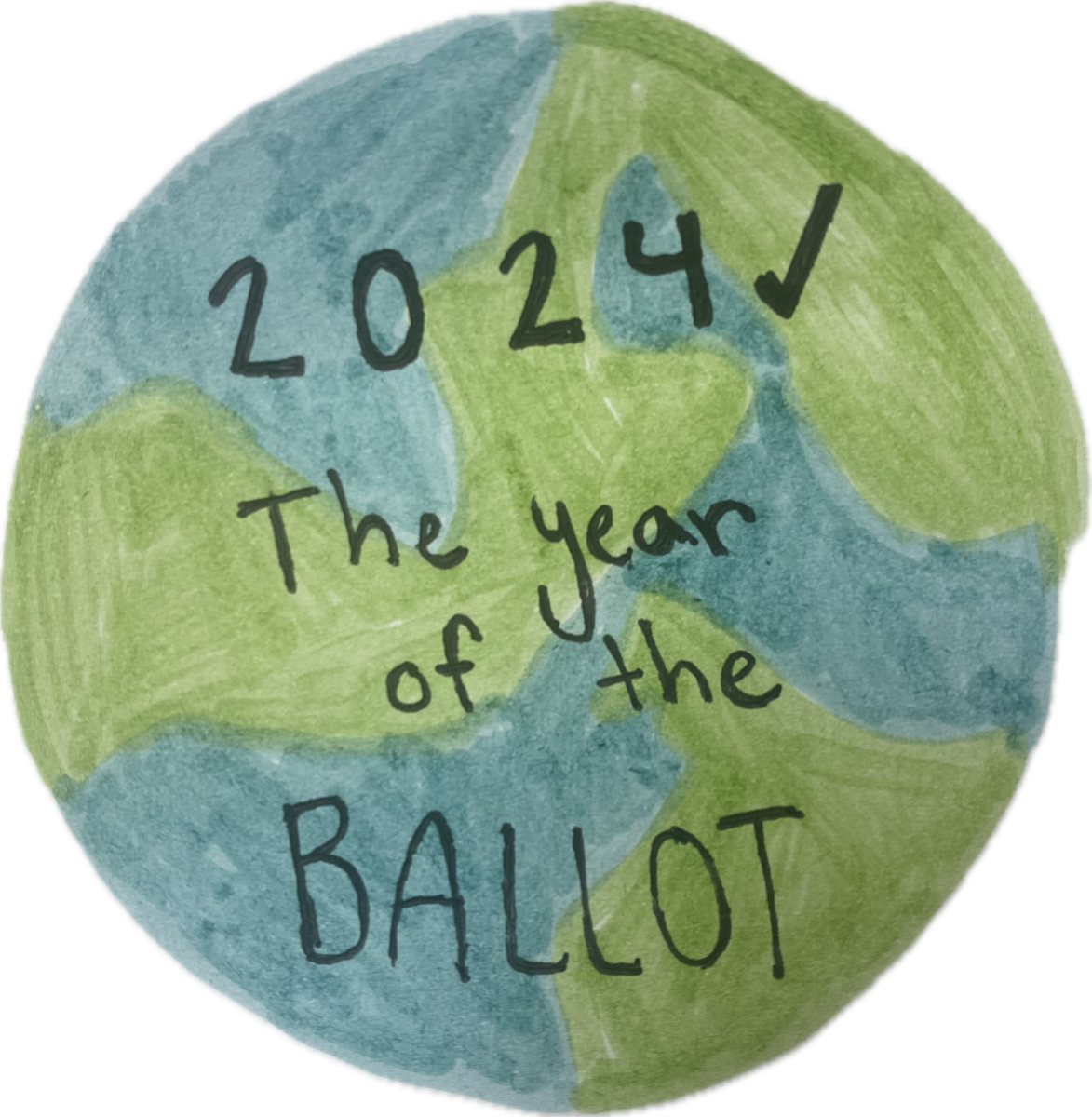







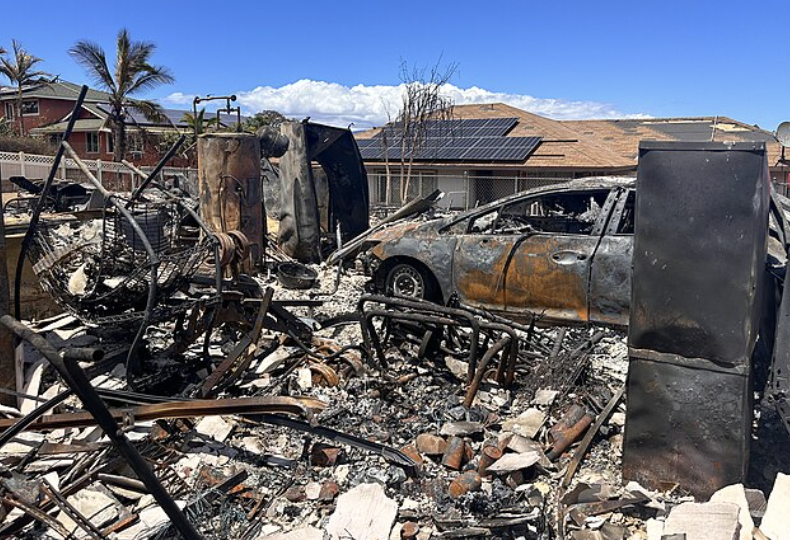







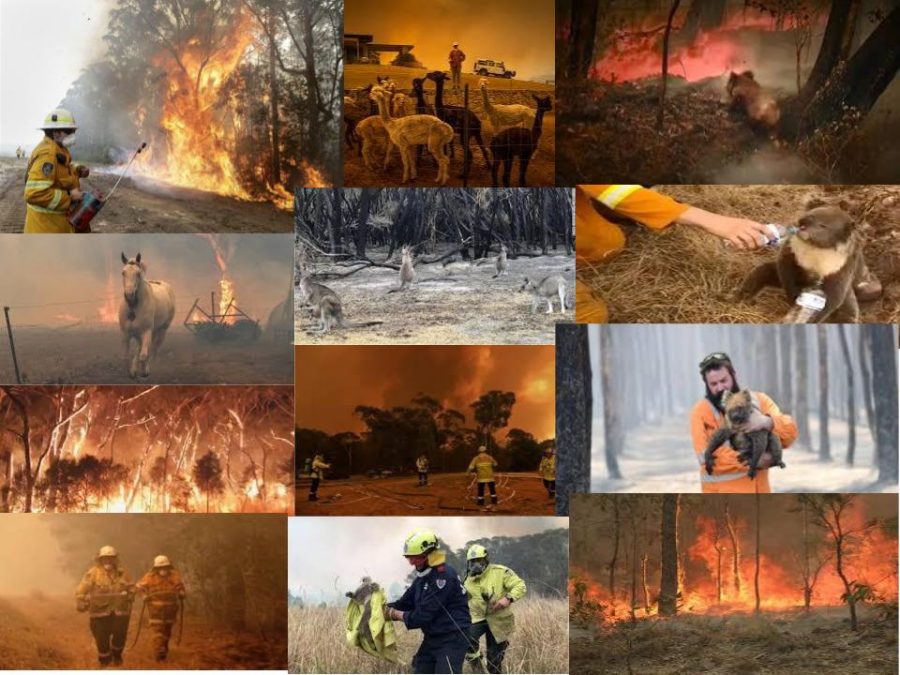
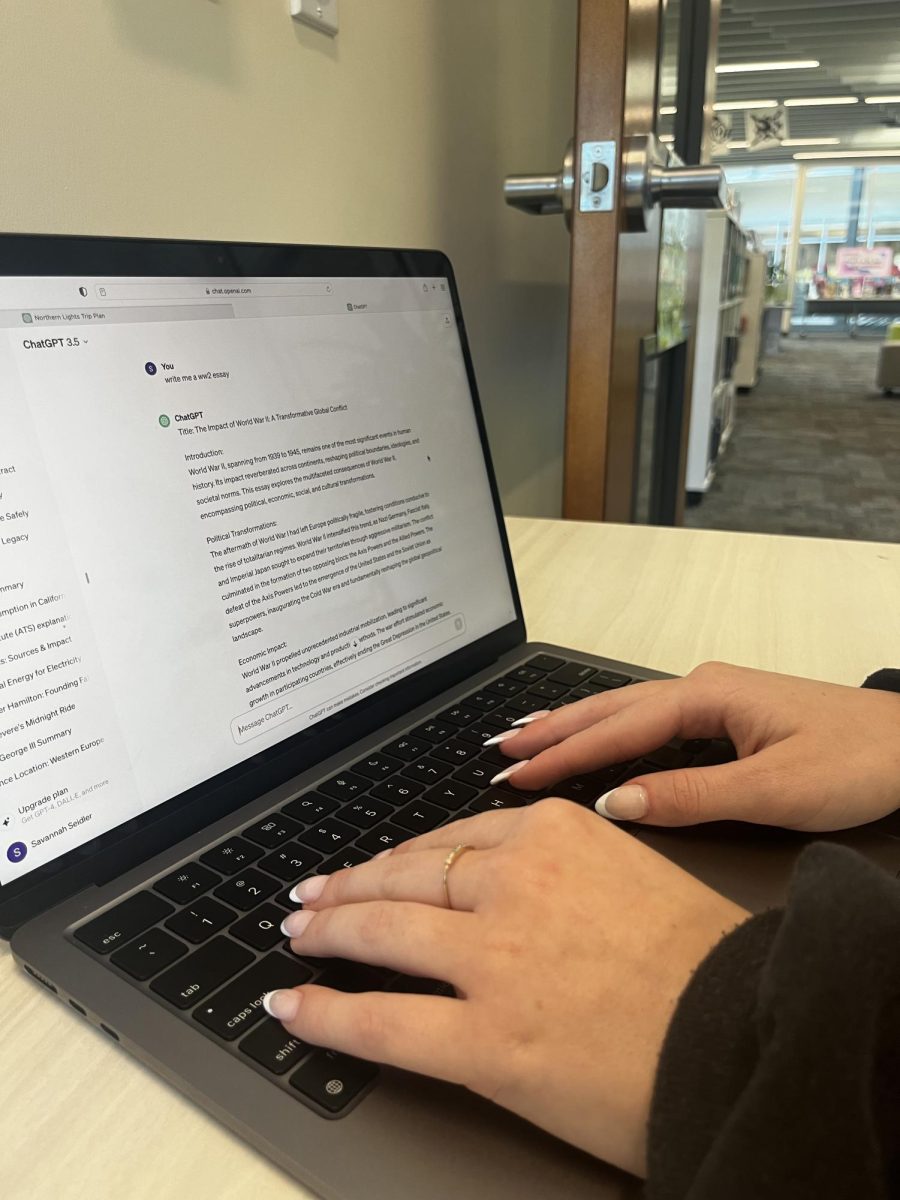

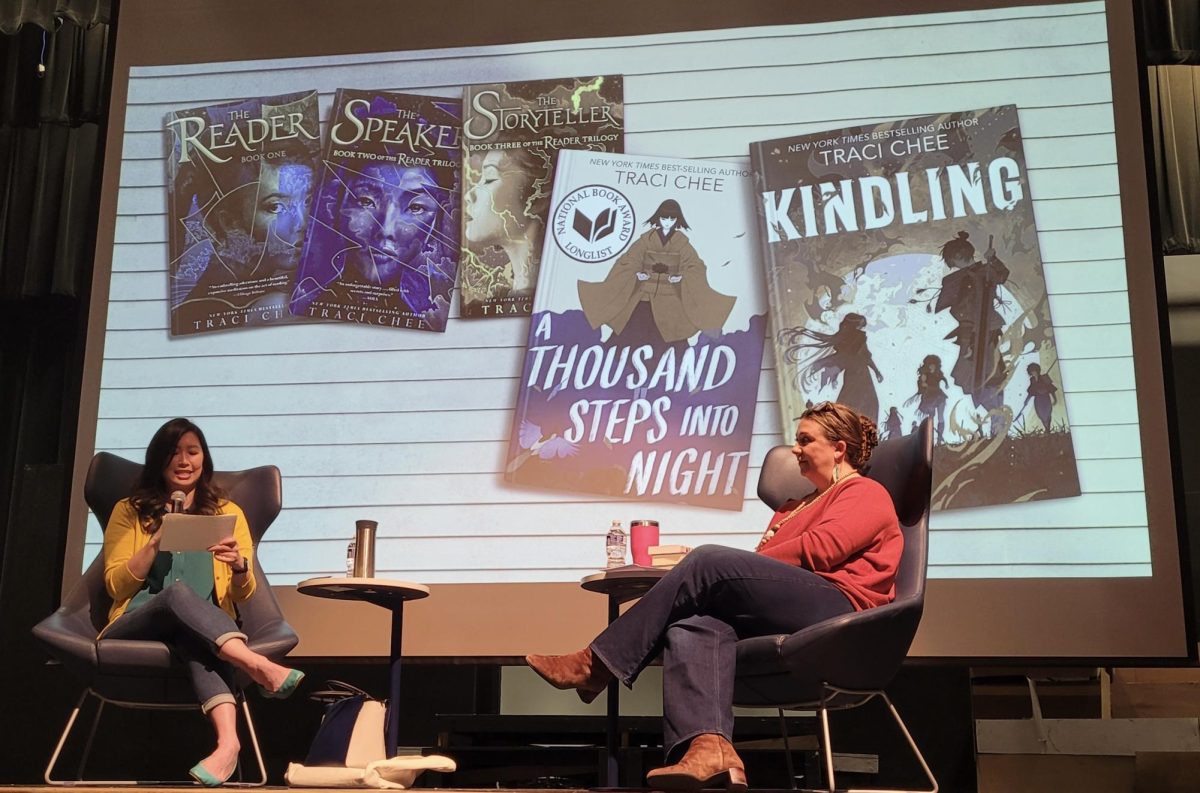









































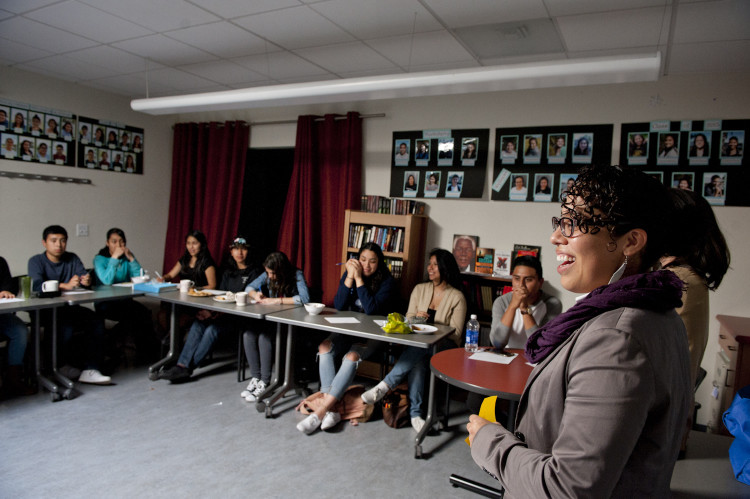




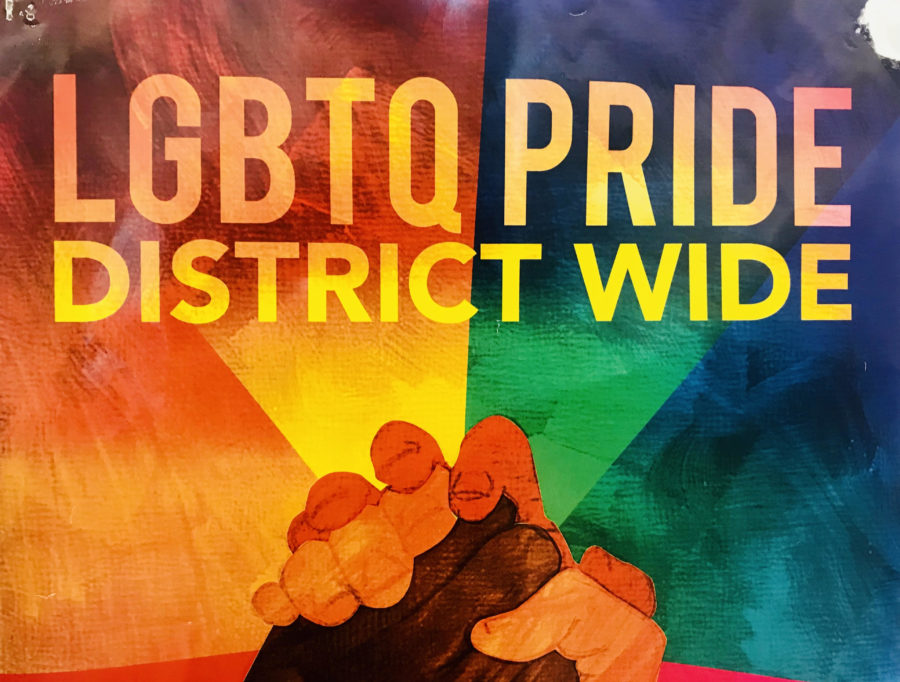




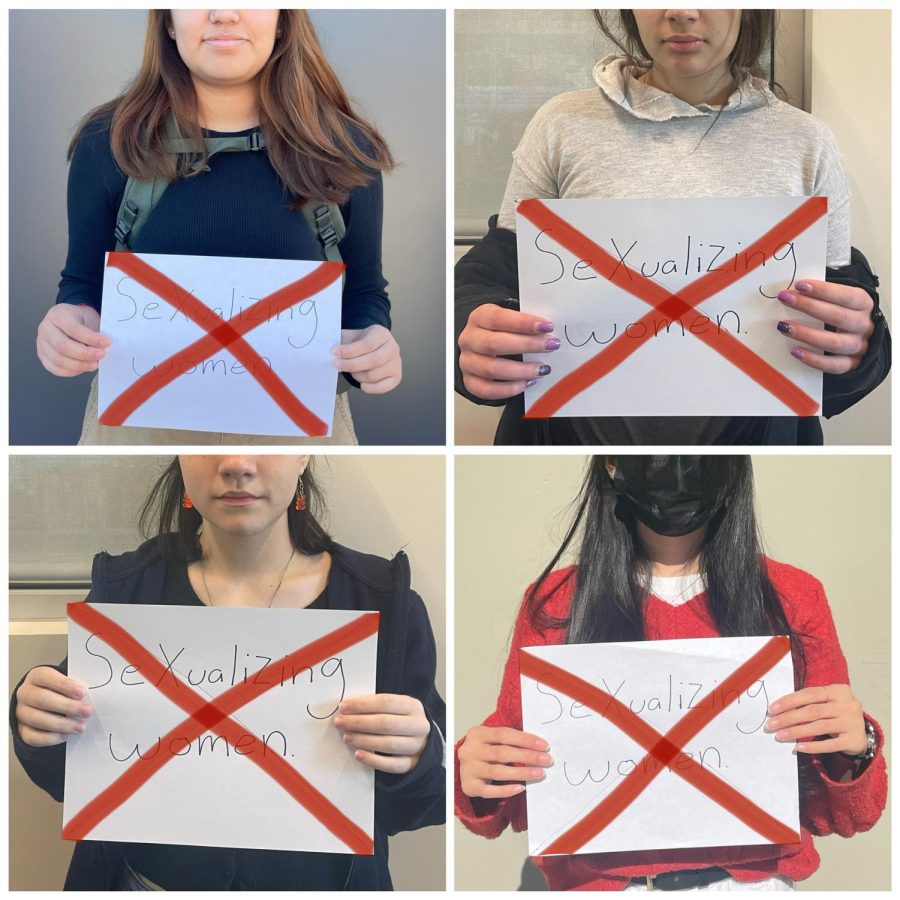









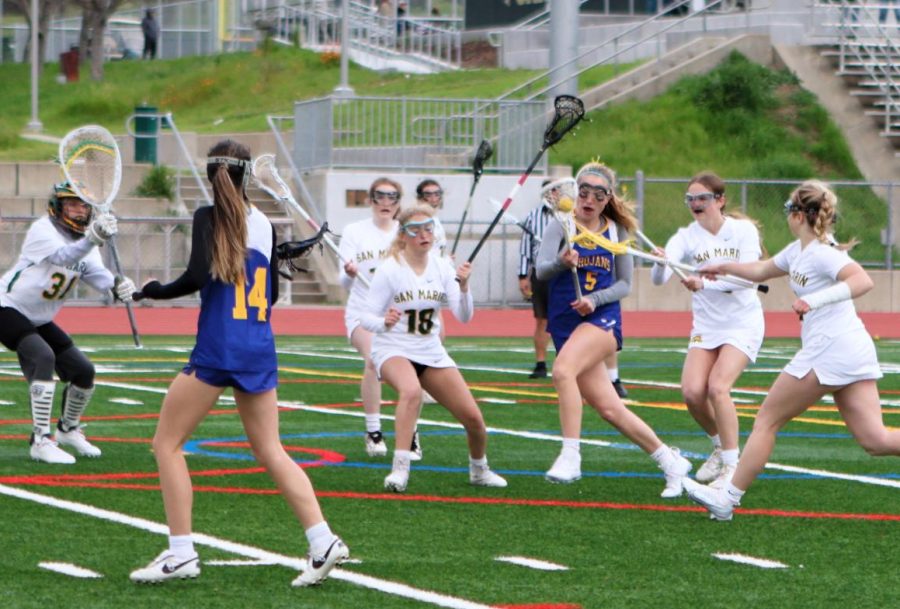


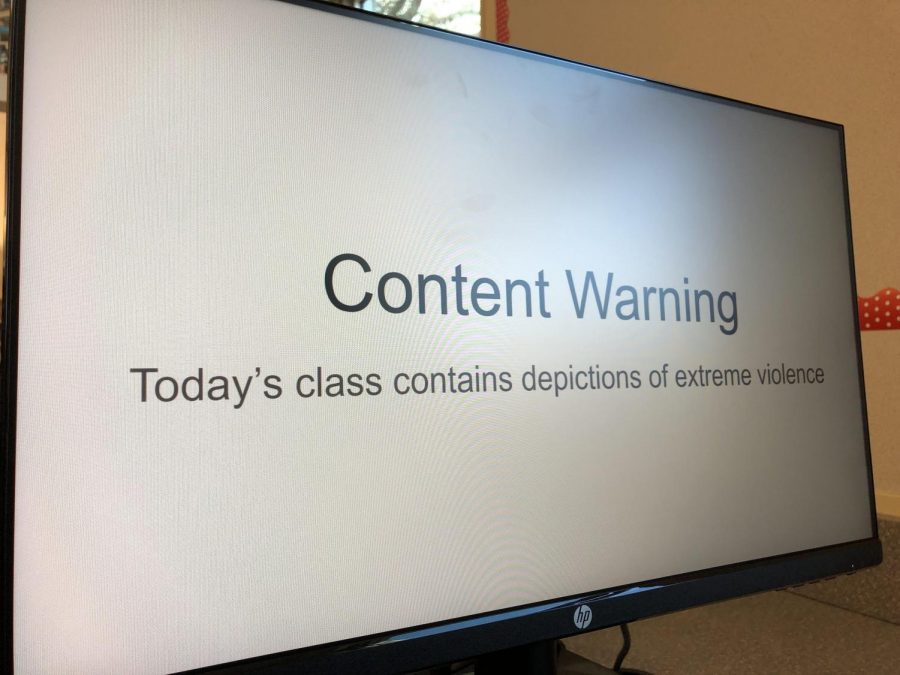






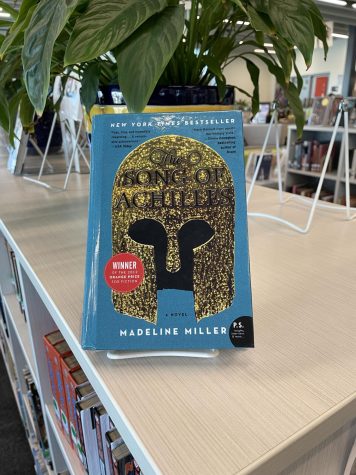
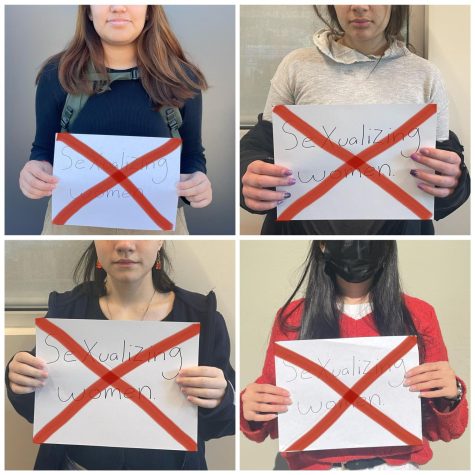



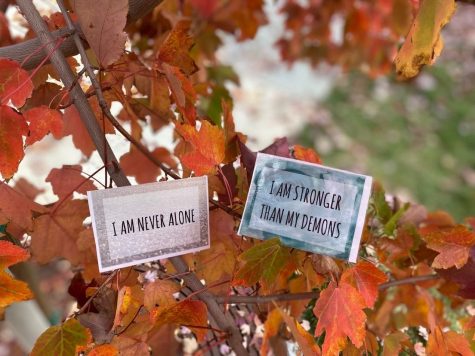
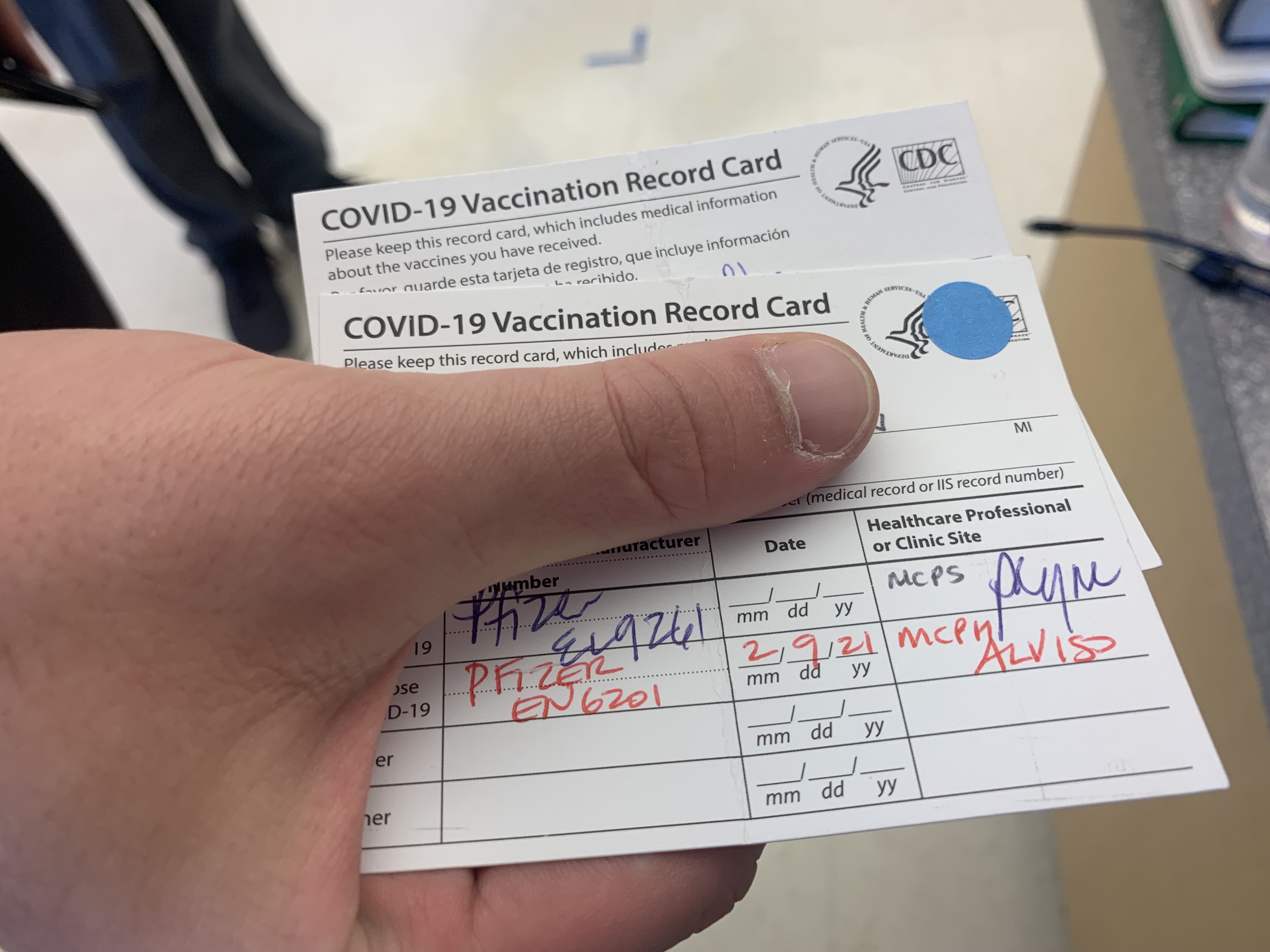
Ryan Falla • Oct 14, 2021 at 1:34 pm
ignore my other message can’t read
Sean Crabtree • Oct 14, 2021 at 1:25 pm
Trigger warnings are so easy to introduce in the classroom, how would it “overburden” teachers. It’s literally so easy to just say “Hey guys this article includes suicide, just a heads up” THAT ISN’T THAT HARD. Kinda wack to me that our health and wellness coordinator said that.
Bryan Luong • Oct 14, 2021 at 3:29 pm
Hello Sean,
Thank you so much for leaving a comment. We understand that this topic could be controversial and we value your feedback. – Bryan Luong, Editor in Chief
Ryan Falla • Oct 14, 2021 at 1:20 pm
I understand the appeal of your outlook on these warnings, but to say that the possibility of negative effects of them overpowers the positive effects to a point where they “may not help after all” is very dismissive. Everything will upset someone, but if a student does not want to be subjected to something, it should be made clearly aware that such content will be covered. Plus, the fact that you specifically covered opinions that went against your view is just harmful to your argument. Personally, I don’t think that people should “experience life”, or stop being a “snowflake”. I think that it is our job not only as a mandatory learning environment but as companions to ensure the happiness of as many as possible.
Bryan Luong • Oct 14, 2021 at 3:24 pm
Hello Ryan,
Thank you so much for your feedback. It is very much valued and has been passed on to the article’s author. – Bryan Luong, Editor in Chief
Dean • Oct 13, 2021 at 6:26 pm
A timely topic as some states in US seek to ban or regulate how teachers discuss racism, sexism and other issues. It was great to hear viewpoints from a range of stakeholders, but I wish the author would have cited the studies that led them to the conclusion that trigger warnings were not valuable.
Alexander Rodriguez • Oct 14, 2021 at 2:51 pm
Hi Dean,
Thank you for your feedback, we have since made a correction to the article to cite the studies used to draw a conclusion on the value of trigger warnings. – Alexander Rodriguez, Editor-in-Chief